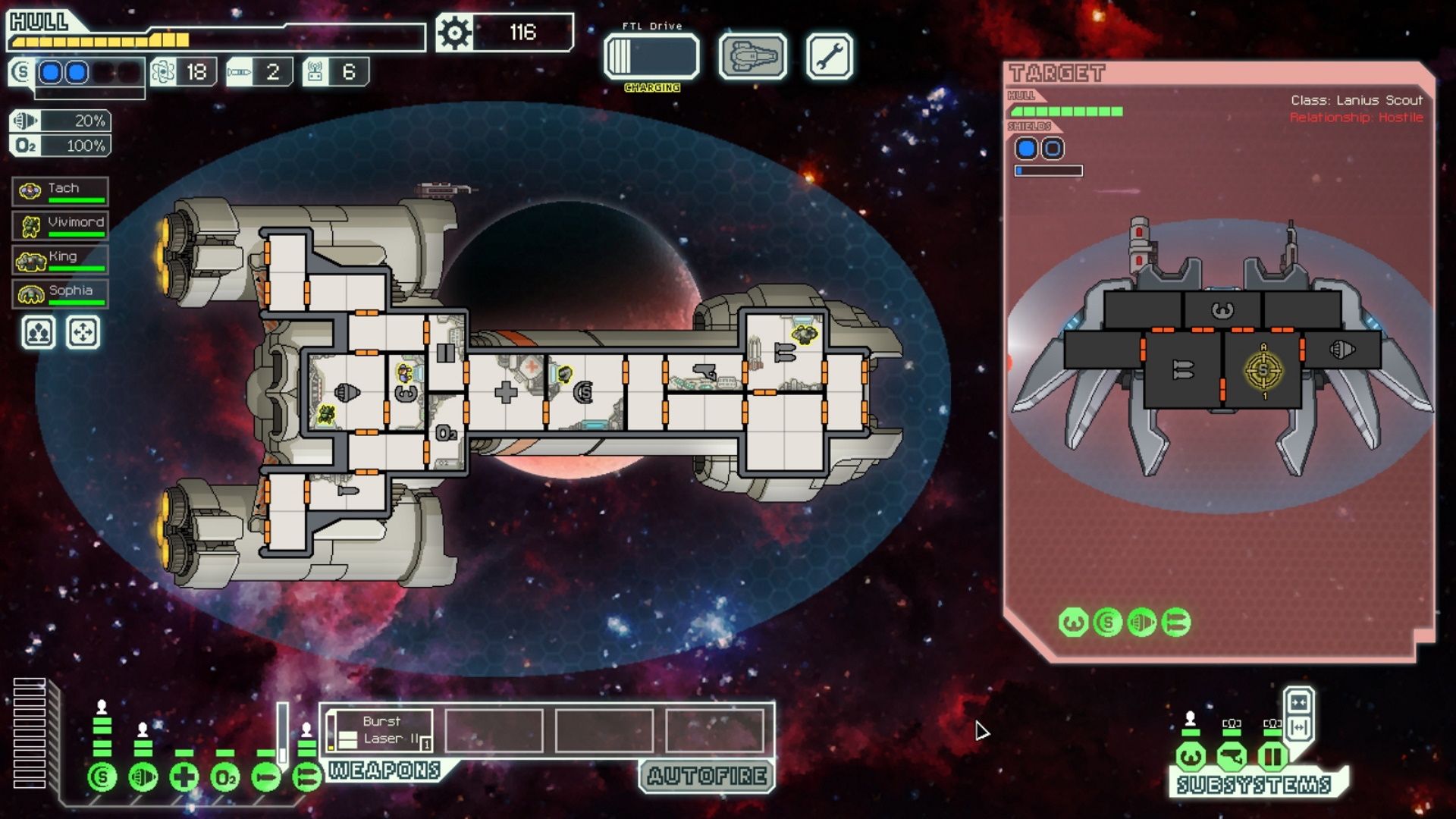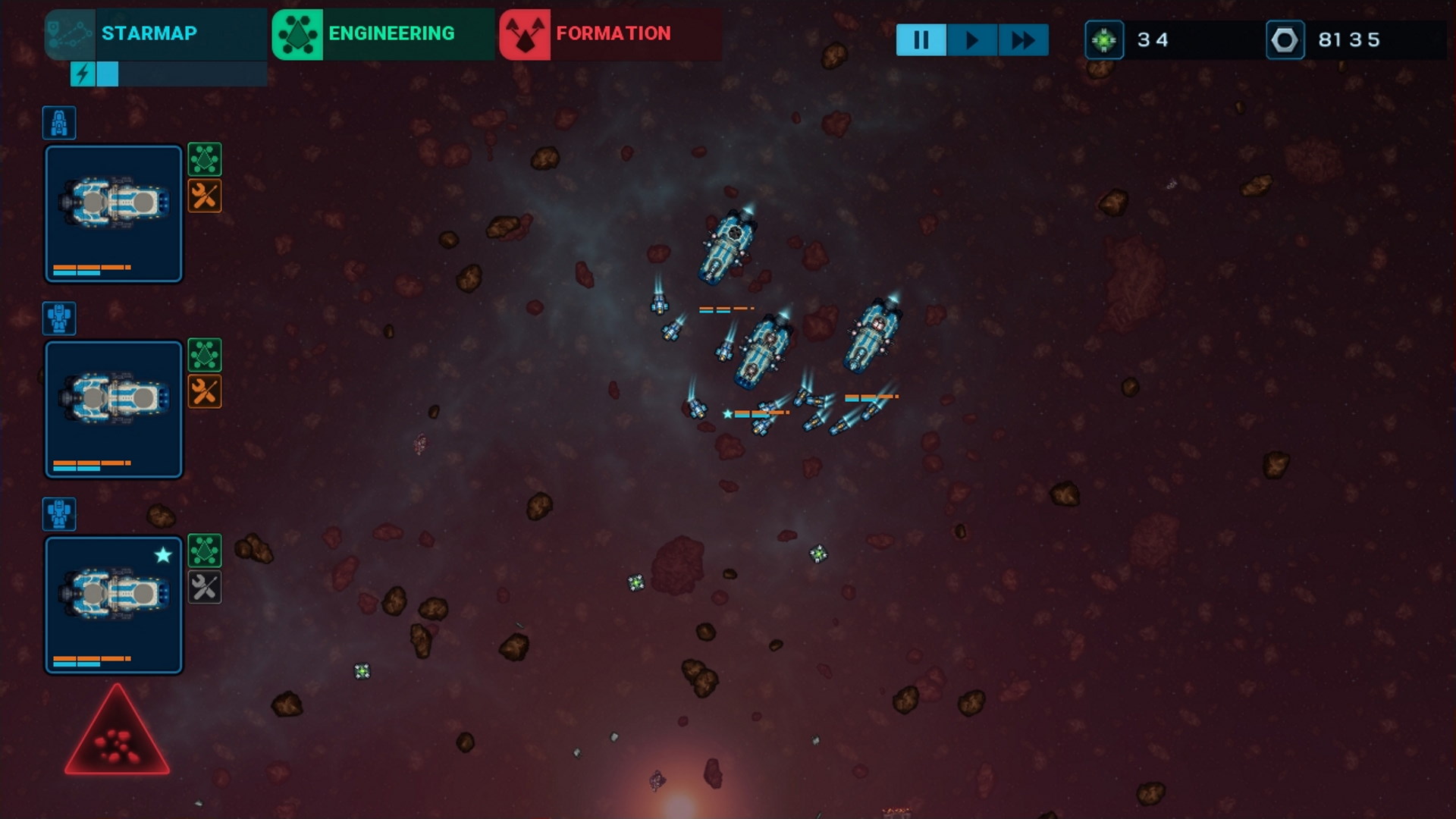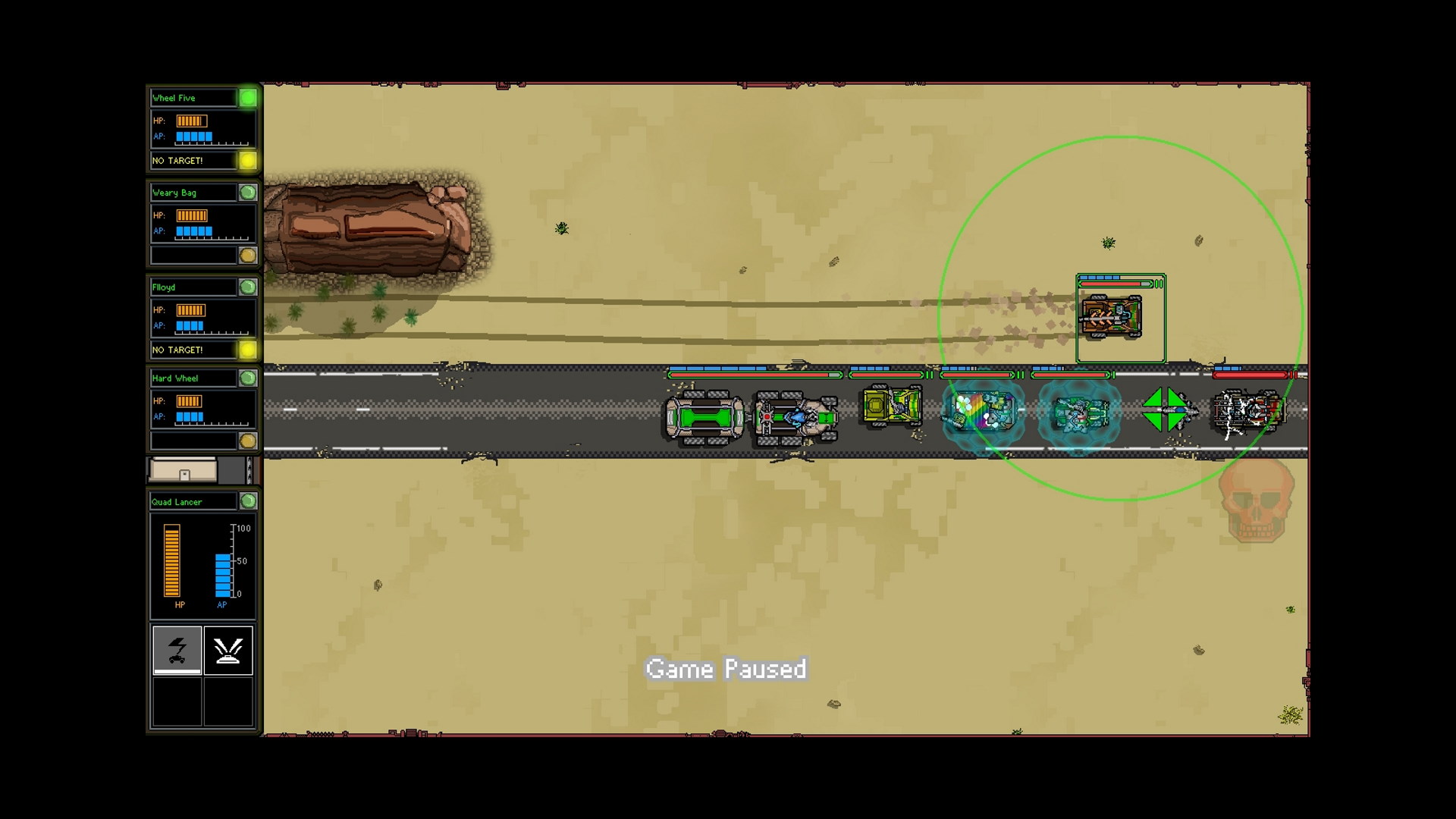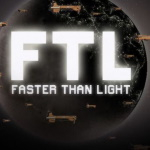Budget games for $15 and under: my trip report on the best RTS roguelikes
Go rogue(like)

The modern release schedule is more packed than ever, and budget games aren’t usually the category we all turn to for excitement. While sales on Steam and the Epic Games store can yield some great deals, what are we meant to do outside those narrow windows? Are we doomed to wander the desolate wasteland of the release calendar, desperate for affordable games that can still move the needle?
Thankfully, if you know where to look and, like me, you’re willing to try nearly anything, you can find all kinds of hidden gems on the virtual shelves of online stores.
While nearly every genre has been stickered with the roguelike label over the years, the RTS roguelike still managed to surprise when FTL: Faster Than Light proved that the combination could be compelling. Since then, few other games have nailed the genre the same way for me. Something about managing ships, crews, and their upgrades tapped into my deep desire to be the best kind of sci-fi engineer, and so I’ve gathered together the best of what I’ve found, in the hopes that they’re both as enjoyable and as kind to your wallet as I found them to be.
FTL: Faster Than Light

What is it? Commanding your own starship never gets old, and it also never gets any easier, something that’s reflected in how challenging FTL – a game so innovative that it established its very own sub-genre – can be at times. As you flee from the rebel fleet that’s relentlessly pursuing you, you’ll fend off pirates, visit randomized systems, and upgrade your ship with any scrap you find, commanding your crew to alternately gain experience on your ship’s systems and leap into action to repel boarders in hand-to-hand combat; all this while dodging hazards and rationing the fuel and ammo, just to get to the rebel flagship that waits at the finish line to blow you up.
Why should I buy it? Being harassed and shot at from every possible angle hasn’t been this much fun since the dream I had about playing zero-G paintball with the cast of Star Trek: The Next Generation. There’s an element of the childhood satisfaction of playing with toy soldiers in the subgenre FTL inhabits – you get to choose your starting ship and plot out your own strategy on the back of whatever they use instead of napkins on starships, only to have that strategy take a torpedo as you’re forced to adapt to whatever upgrades are available off-the-shelf at space Walmart, or when some mean bug people teleport onto your ship and murder your Weapons Officer. His name was Krugz, and he was a wonderful rock man, you monsters.
Like every roguelike, FTL’s randomized worlds are sometimes questionable, but like the best of them, it makes the experience of losing and trying again part and parcel of the overall journey. Every one of the countless times you watch your ship disintegrate, like a Lego model being smashed by a raging toddler, feels like a single thread in a larger tapestry, with each failure becoming a part of your own Kobayashi Maru-styled training montage, as you increment ever closer to giving a Vulcan nerve-pinch to the rebel flagship and saving the federation.
FTL’s roster of ship variants, with their different strengths and weaknesses, push me outside of my comfort zone. The Rock-A, with its reliance on missile ammo, can leave me with empty guns in the middle of a battle, but every success becomes a conquest that I’ll remember.
Get daily insight, inspiration and deals in your inbox
Sign up for breaking news, reviews, opinion, top tech deals, and more.
FTL: Faster Than Light – $10 / £6.99 / AU$14.50
Spinning the entirely-too-serious business of being a starship captain into its own unique subgenre of space simulation strategy roguelike, FTL is entirely its own creature, and beloved for very good reasons.
Battlevoid: Harbinger

What is it? Taking cues from FTL and games like Starsector and Escape Velocity: Nova, Battlevoid: Harbinger simplifies roguelike exploration and galaxy generation, and combines these elements with pausable third-person strategy. While you’ll control up to three ships, and wander the space lanes trying to scrape up enough funds to upgrade or replace them, your objectives are more randomized, and it’s often a challenge even surviving the first galaxy when the lasers and missiles start flying.
Why should I buy it? Battlevoid: Harbinger is far more of a fast-food burger than a steak dinner, but I can’t eat steak every night – and sometimes a simple, familiar burger is comforting. The influence of other games on Harbinger is clear when you’re playing it, but the combination of these influences is new. It doesn’t let you build your ships piece by piece or micromanage your crew, but the simplicity of using the different types of equipment and weapon slots to upgrade and outfit your little fleet from the remnants of the ships of much stronger enemies is just the right kind of pleasant to kill some time.
The small touches in Harbinger are my favorite parts, like controlling what part of the sector you use your hyperdrive to jump into. Your ship's scanners show you all the enemy ships and stations on a 3x3 grid before you jump to a new sector, and you can pick where your ship will warp in. Dropping right on top of enemies isn’t always what you want – sometimes I’d drop in on an enemy, loaded up to hit them with a broadside, only to discover they were a heavily armed battleship, and I was now a rapidly expanding debris field. In fact, this approach is what first drove me to adopt carrier ships as my preferred method of dealing with enemies. After all, fighters do an excellent job of serving as cannon fodder.
Harbinger isn’t the best-written game or the deepest next to its contemporaries, and that’s okay. Because when I’ve played other strategy roguelikes to death, and I need something to fiddle with in their place, Harbinger is waiting for me. To me, Harbinger is diner food – comforting and familiar, but with different scenery than what you’re used to, and it even costs about the same.
Battlevoid: Harbinger – $10 / £6.99 / AU$14.99
A galaxy-exploring roguelike strategy game, Battlevoid: Harbinger lets you build a small fleet of ships to crash into the enemy, but keeps things simple and approachable.
Convoy

What is it? A strategy roguelike that borrows the Mad Max aesthetic and adds some futuristic tech. Your starship has broken down on the only desert planet populated exclusively by post-apocalypse cosplayers, and you’ve got to venture out to find the parts you need to fix it. Fixing your ride means leading a conga line of moon buggies, minivans, and pickup trucks across the wasteland, each rigged up with rockets and railguns to repel the hordes of disgruntled raiders who have never known the soft caress of a shower.
Why should I buy it? Convoy clearly climbed the beanstalk that FTL planted, but it diverges at the top. Managing a small fleet of mobile vehicles to protect your main salvage rig has a different, and unique, feeling compared to the FTL style of managing your crew and watching bars fill on status panels. Where you might feel like a captain issuing orders on the bridge and watching the results in FTL, Convoy has you down and dirty with the tactics of the moment, like Furiosa shouting orders from the top of her war rig. Instead of combat being static, you and your convoy are constantly moving from left to right, and obstacles to be avoided will show up randomly in the different parts of the path. Dodging obstacles, and managing which enemies are the biggest threats, make the moment-to-moment gameplay a lot more frantic.
Each vehicle has its own advantages, as does each piece of weaponry or equipment – even the most basic vehicles can be useful for blocking or ramming opposing vehicles, and well-timed ram or EMP shot can send an enemy raider’s turbocharged milk truck full of missile launchers directly into an oncoming wall at terminal velocity. So while equipping your vehicles well, and using what resources you find in your playthrough, are still a key part of what makes up Convoy’s gameplay, even your crappiest pickup truck can be the hero when it rams an enemy cyber tank into a mountainside.
The text-adventure nature of the rest of Convoy is familiar too, but it delivers reasons to wander around the map besides looking for the parts your ship needs, and some of the stories were done well enough to get a laugh from me – especially the incredibly suspicious-seeming hitchhiker who it turns out is just a guy who needs a ride. If you’re dumb enough to pick the hapless guy up, he decides you’re pretty cool, and joins your crew, complete with a rainbow van with flowers on it – groovy. There’s a charm in how Convoy presents itself, from the animation on the vehicles crashing, all the way through to the weird intro videos to combat, complete with strange voice work that makes me giggle.
Much like Battlevoid: Harbinger, Convoy has its faults – namely being a bit clunky, and needing to be a larger and deeper game to be worth more than a couple of playthroughs – but to me it still rides eternal, shiny, and chrome-plated.
Convoy – $15 / £9.99 / AU$21.50
Driving your scrap-clad vehicles across the wasteland in search of parts to fix your wrecked starship is a good hook for this tactical roguelike, and it’s well worth a playthrough.

Sarah (She/Her) is a contributor and former Senior Writer for TechRadar Gaming. With six years of experience writing freelance for publications like PC Gamer, she's covered every genre imaginable and probably a few she made up. She has a passion for diversity and the way different genres can be sandboxes for creativity and emergent storytelling, and loves worldbuilding. With thousands of hours in League of Legends, Overwatch, Minecraft, and countless survival, strategy, roguelike, and RPG entries, she still finds time for offline hobbies like tabletop RPGs, wargaming, miniatures painting, and hockey.


